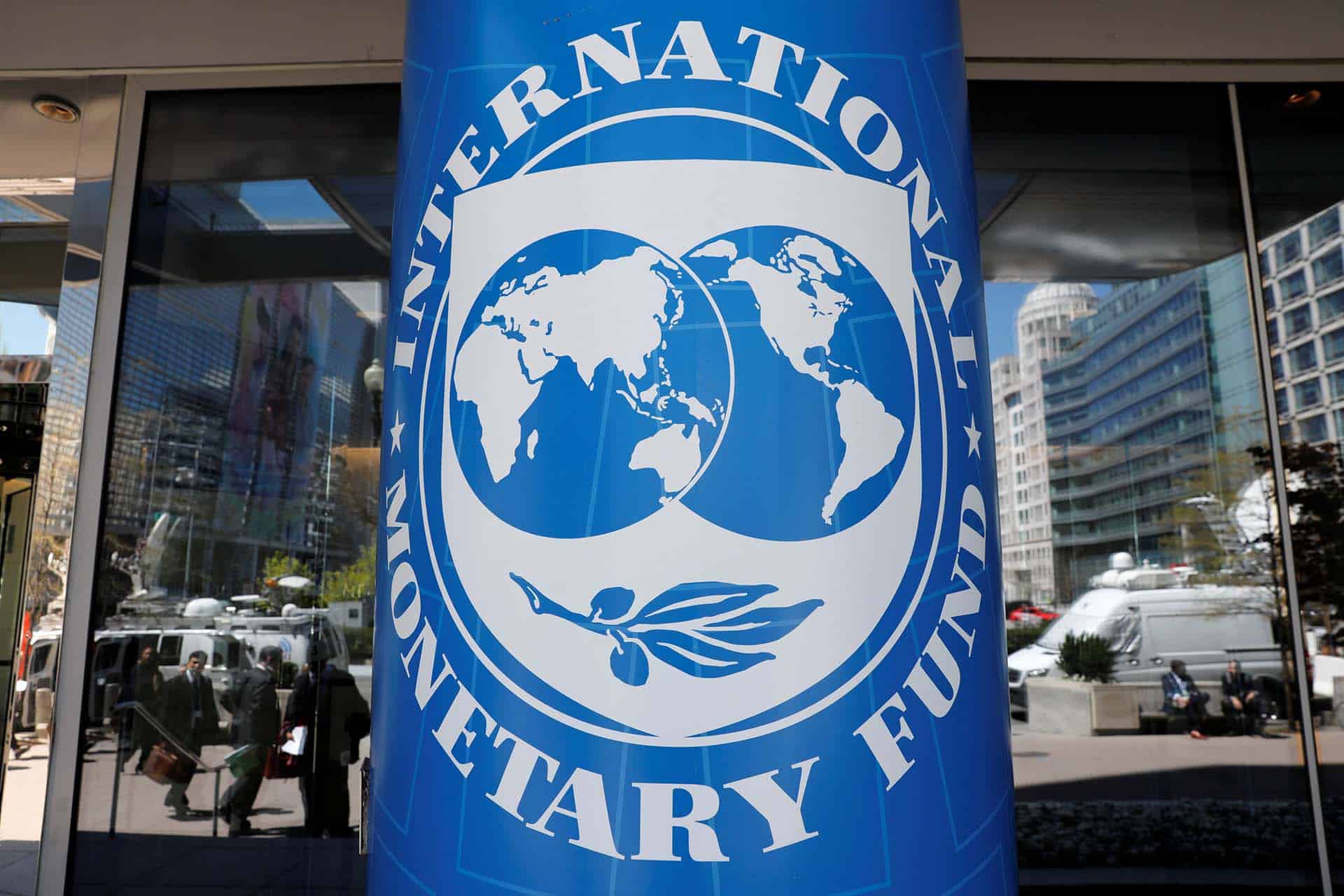-
Action on climate change forms a part of the IMF’s 2021 Comprehensive Surveillance Review
-
A few Directors underline need to account for past emissions, energy needs of developing countries
The International Monetary Fund has proposed the coverage of climate change in its assessment reports of the countries, more so, for “the largest emitters of greenhouse gases”. Terming climate change as one of the “macro-critical emerging topics,” the Fund called for its systematic integration into its surveillance.
“Directors stressed that Fund surveillance should be open to different policy approaches to climate change mitigation, that coverage of climate issues in surveillance needs to be consistent with the Fund’s surveillance mandate and in line with the Paris Agreement,” an IMF press release said. “A few Directors underlined the need to account for past emissions and the energy needs of developing countries as they grow”.
The proposed action on climate change forms a part of the Fund’s 2021 Comprehensive Surveillance Review (CSR) which was concluded on May 10.
The review provides “the strategic direction” for the IMF’s surveillance and aims to make it more timely, topical, targeted, interconnected, and better informed.
The review concludes that the important trends—in digital technology, climate change, inequality, demographics, and geopolitics—affect economic sustainability and present opportunities and challenges.
“Against this background, the priorities that will guide IMF surveillance are confronting risks and uncertainties, preempting and mitigating spillovers, fostering economic sustainability and a unified approach to policy advice,” the review said.
The review identifies key surveillance priorities, which are informed by the major trends impacting on the global economy.
“The priorities that will guide the IMF surveillance are confronting risks and uncertainties, preempting and mitigating spillovers, fostering economic sustainability and a unified approach to policy advice,” the review added. “The priorities should better position Fund engagement and policy advice to help the membership confront the challenges posed by the emerging macrofinancial landscape”.
Directors have welcomed a broader focus on sustainability, which can be affected by factors such as demographics, digitalization, inequality, socio- and geopolitical developments, and climate change under certain circumstances. They generally agreed that coverage of climate change mitigation in Article IV consultations would be strongly encouraged for the largest emitters of greenhouse gases.
During an Article IV consultation, an IMF team of economists visits a country to assess economic and financial developments and discuss the country’s economic and financial policies with government and central bank officials
“Wherever macrocritical, climate change adaptation and transition risk in the context of a global shift to a low-carbon economy should be covered in Article IV reports,” the review said.







